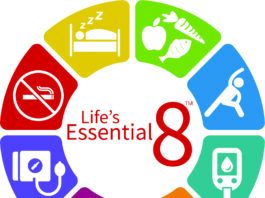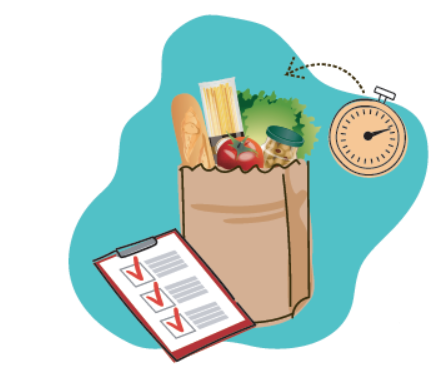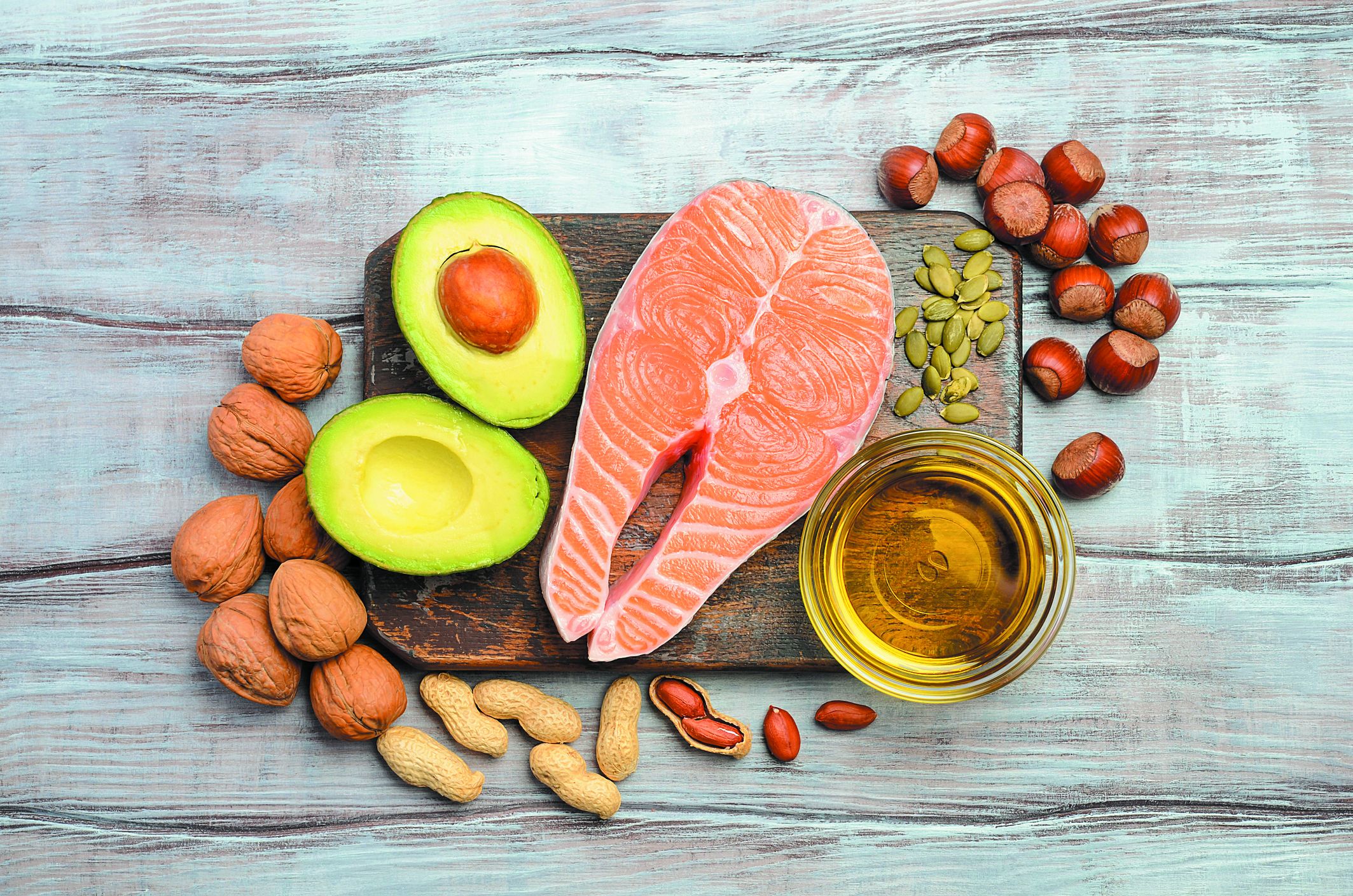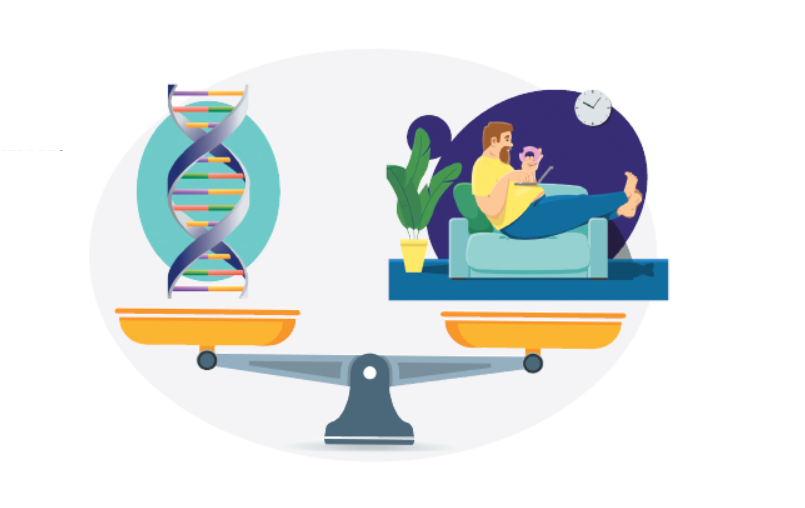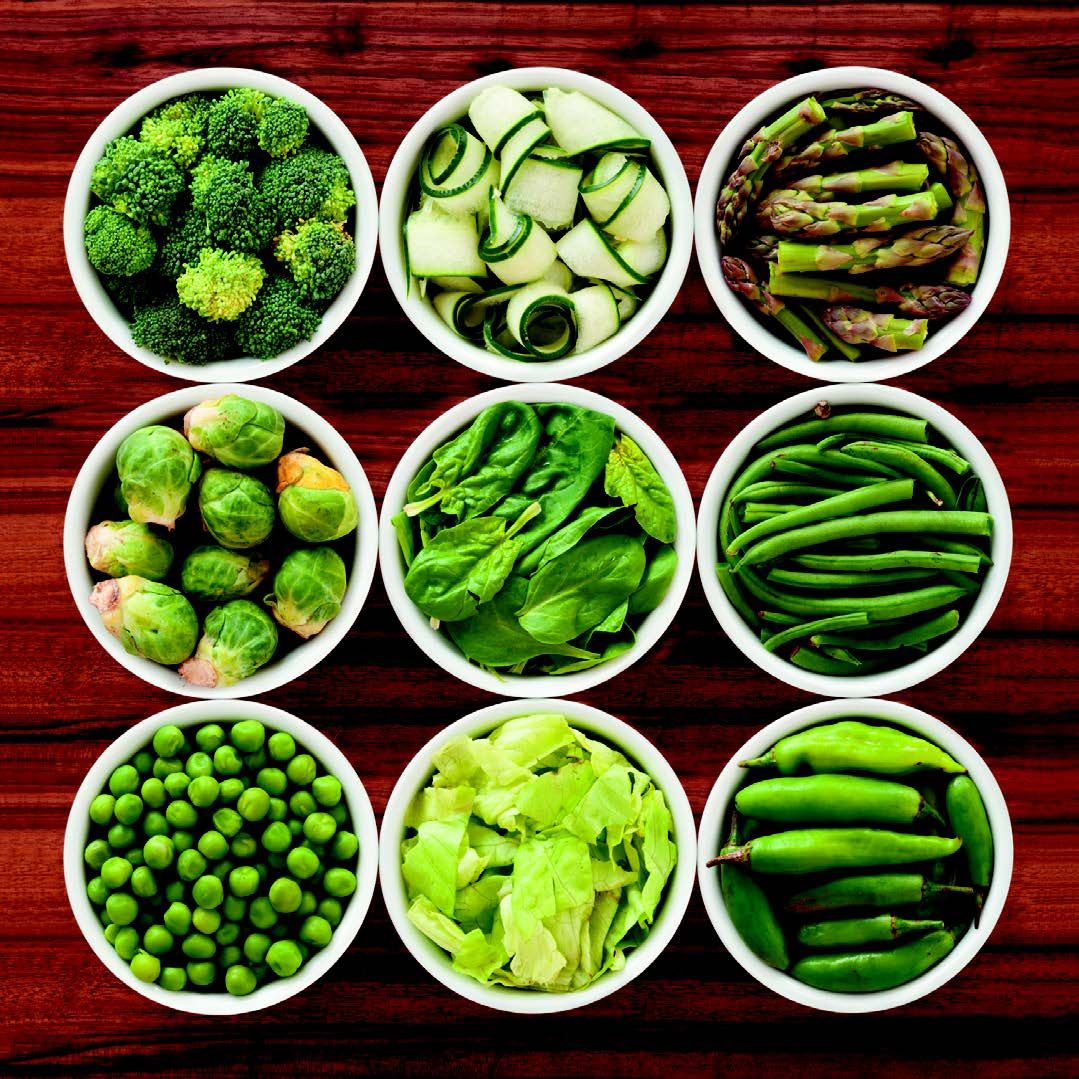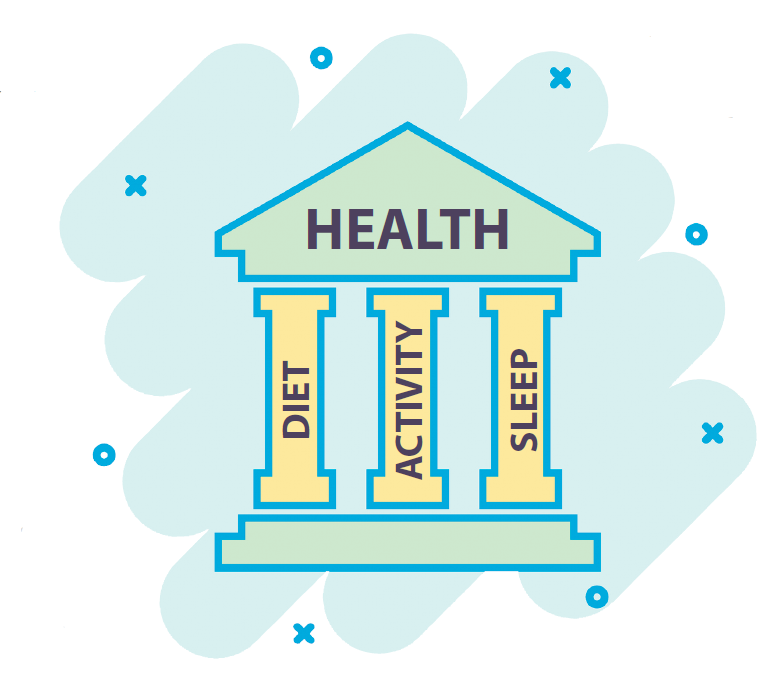Eat Better, Shop Better, with this Simple Plan
Would you like to permanently reduce time spent shopping and preparing food, while improving your diet and health? The step-by-step guide that follows will...
Preserving Brain Health Through a Heart-Healthy Diet
We have all forgotten why we walked into a room or had trouble recalling a common word, and the frequency of these lapses almost...
Swaps for Heart and Brain Health
Simple swaps—like choosing foods with unsaturated fats to replace those with saturated, unprocessed or reduced sodium foods over typical high-sodium processed products, fruits instead...
Alcohol’s Overhyped Health Benefits
Some people feel a drink at the end of a tough day helps them unwind and relax. Others may see a daily glass of...
Genes and Weight
In 1953, the same year Watson and Crick reported the discovery of DNA, Jean Mayer, former president of Tufts University and then a professor...
Maintaining Bone Health
Our bones support us, literally, in everything we do. They protect our vital organs, store important minerals the body relies upon, and keep us...
Cancer and Diet: The Latest in Prevention
Cancer is the second leading cause of mortality in the United States, accounting for one in four deaths. Lifestyle choices such as use of...
The Low FODMAP Diet
FODMAPs (fermentable oligosaccharides, disaccharides, monosaccharides and polyols) are a group of sugars and fibers that serve as beneficial prebiotics, feeding the gut microbes that...
The Rise of Plant-Based Meats
Sales of meat alternatives grew 30 percent in 2018, and this rapid growth is expected to continue. In 2019, plant-based meat alternatives hit the mainstream, with the nationwide introduction of meatless meat at multiple fast-food outlets (including Burger King, White Castle, DelTaco, and some McDonalds locations.)
Sleep:The Third Pillar of Health
We all know that diet and physical activity are essential to good health, but many are unaware that getting adequate sleep is equally important, if not more so. Sleep affects everything from energy and appetite to performance, mood, attention, memory, and decision making. It is the time when the brain forms and maintains the pathways that let us learn and create new memories. Recent research suggests that the body uses sleep time to remove toxins and metabolic trash from the brain (possibly including the plaques that contribute to Alzheimers disease). Habitual short sleep duration is associated with greater risk of obesity, high blood pressure, diabetes, depression, and cardiovascular disease. Unfortunately, about one third of U.S. adults get less than the recommended seven hours of sleep a night.




























